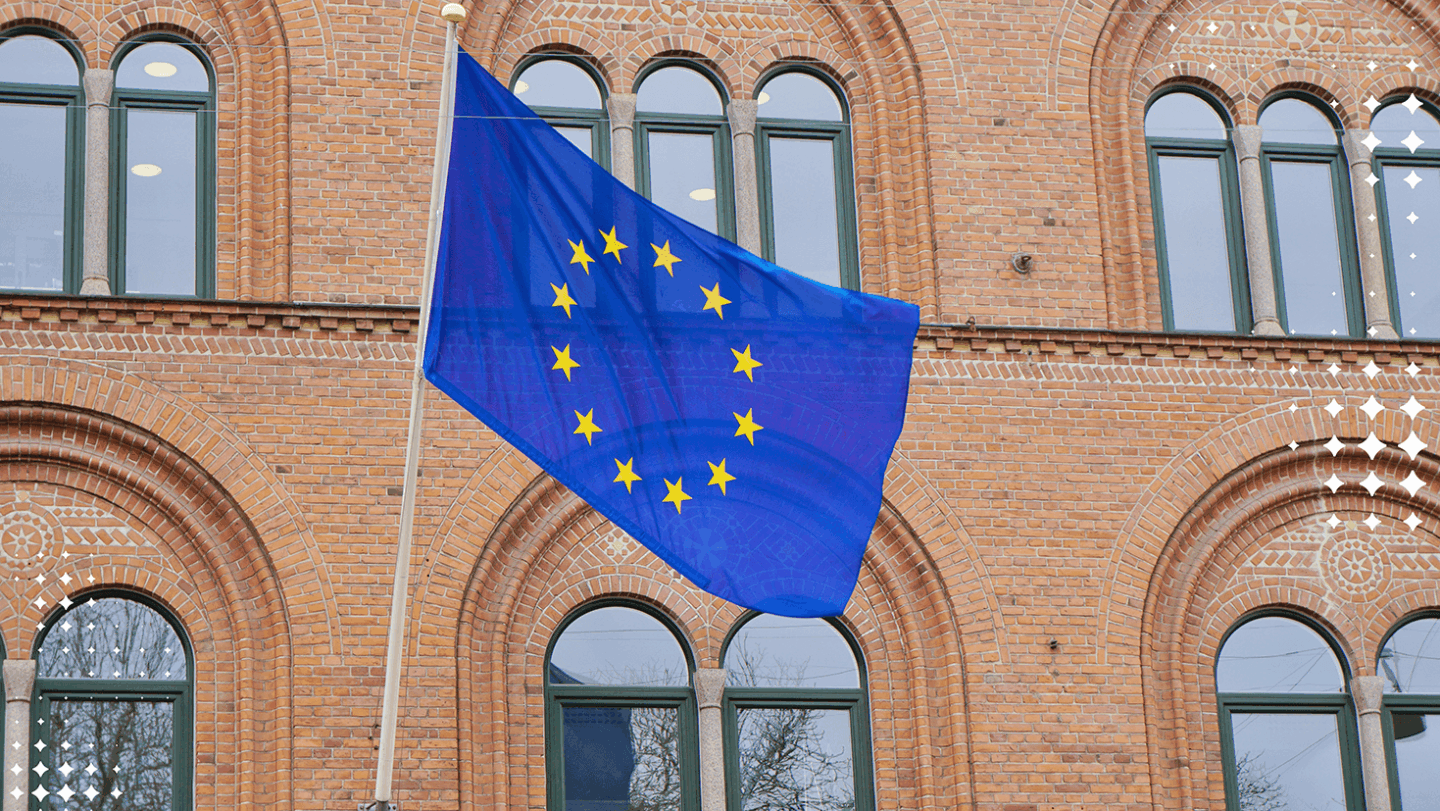The Trade mark Attorney explains: How McDonald’s lost the right to BIG MAC
- IP & Trademarks

On January 11th this year, the European Union Intellectual Property Office (EUIPO) decided that McDonald's loses its BIG MAC trade mark. The reason is that McDonald's failed to prove genuine use of their trade mark in the previous five years before the case was filed. The question that many are now asking is: how can McDonald’s not be considered to have been using BIG MAC - one of the world's perhaps most famous hamburgers (!) – to a sufficient extent in order to keep their trade mark registration?
Firstly, it is important to stress that there is a difference between using something, and being able to prove that it has been used. Here lies the answer to the question above. EUIPO states in their ruling that McDonald's, as evidence of genuine use of their trade mark BIG MAC, filed an affidavit signed by their representatives and employees. Since this affidavit had been created by internal representatives, EUIPO did not consider that it carried the same weight as one filed by a third or impartial party. McDonald's also provided proof of genuine use in the form of printouts from various web pages (which were considered insufficient as they did not state the time, location or number of internet users who visited the pages); excerpts from Wikipedia (which was considered insufficient when users themselves can add/edit the information) as well as brochures and packages (which were considered insufficient as there was no information on how they had been distributed, to whom, and whether they had led to any real sales) . Since the evidence was not sufficient, EUIPO felt that McDonald's had not shown that they had made genuine use of their trade mark in the previous five years, resulting in that the trade mark registration shall be revoked.
The conclusion is that, no matter the brand, it is important to produce material that really shows that the brand has reached the customer and that the company behind the brand actually has sold products with the brand. However, McDonald's quickly filed a new trade mark application for the Big Mac, which was registered in April of 2018. So everyone out there that appreciates their Big Mac can relax a while longer.


